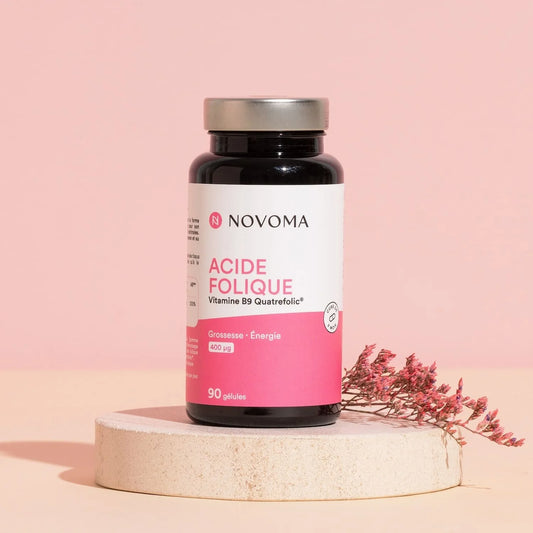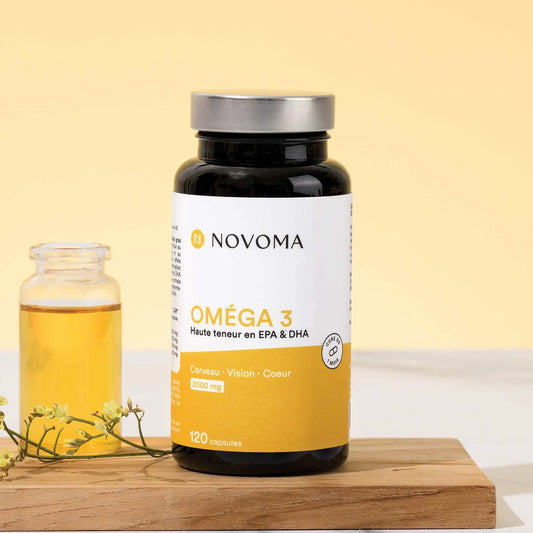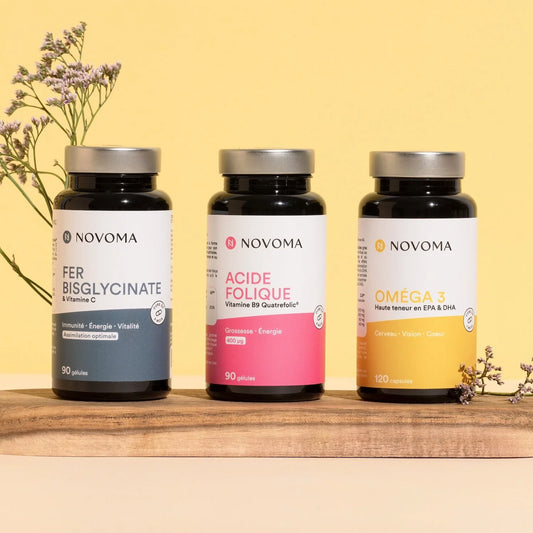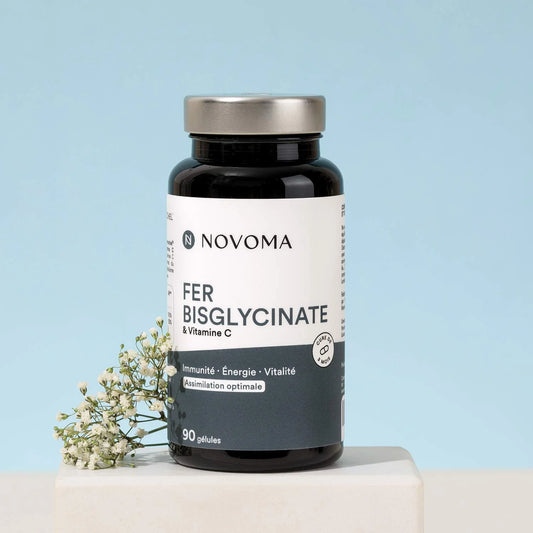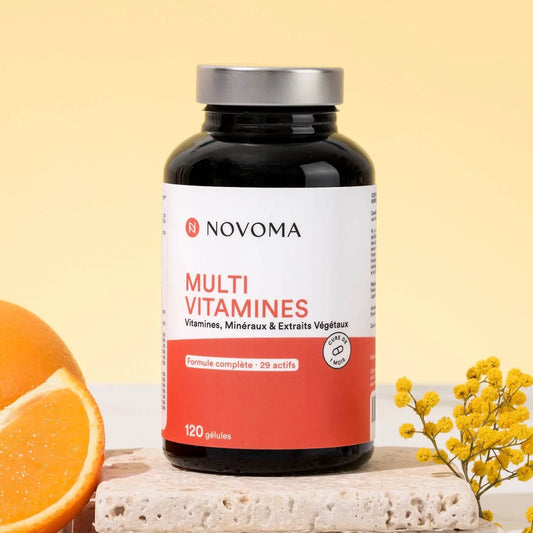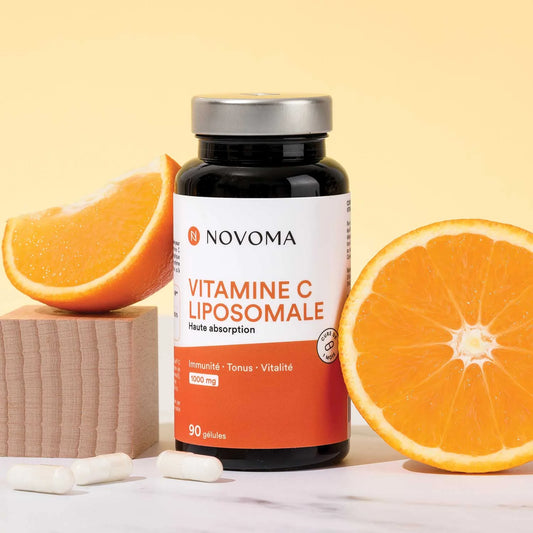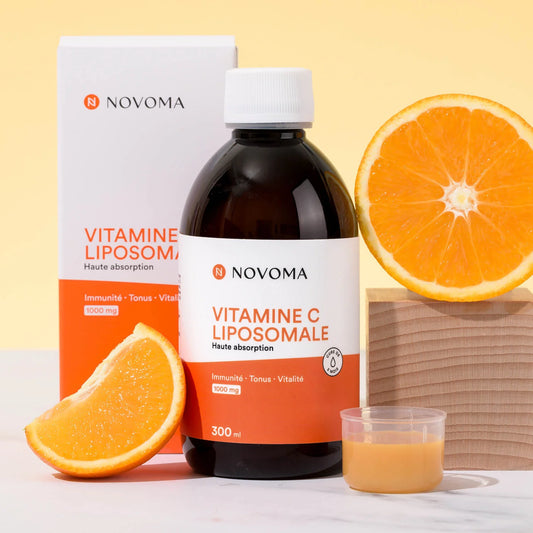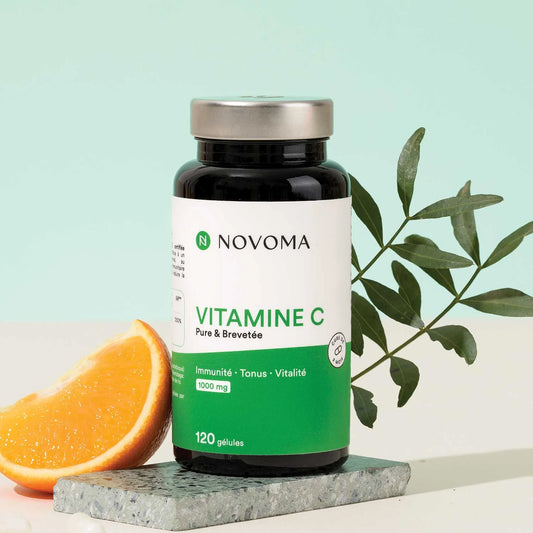
Your personalized Novoma ritual in 5 minutes
Take my online test
Our answers to your questions
Information
Why take food supplements during pregnancy?
What dietary supplements are recommended to support fetal development?
How does folic acid help during pregnancy?
Can I continue taking my usual dietary supplements during pregnancy?
What foods should you avoid during pregnancy?
How to prevent iron deficiency during pregnancy?
What exercises should I do during pregnancy?
How to choose which food supplements to take during pregnancy?
What is the best food supplement for pregnancy?
Les articles les plus lus


A question?
If you can't find the information you are looking for, please feel free to consult our FAQ or contact us:


